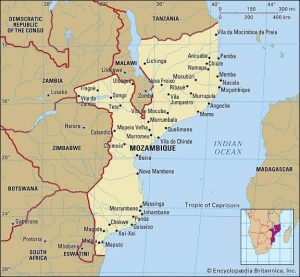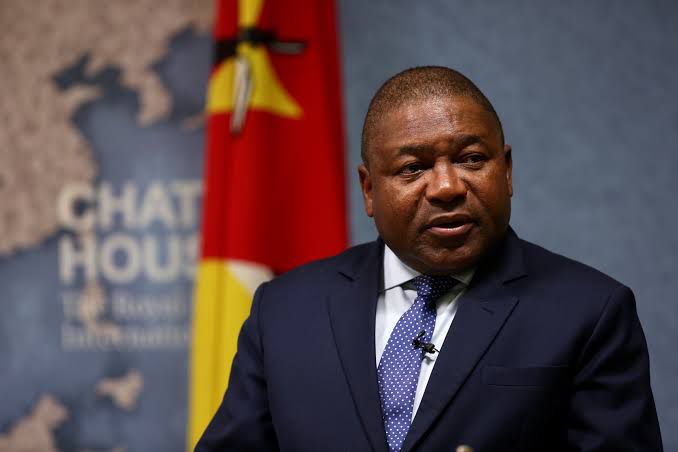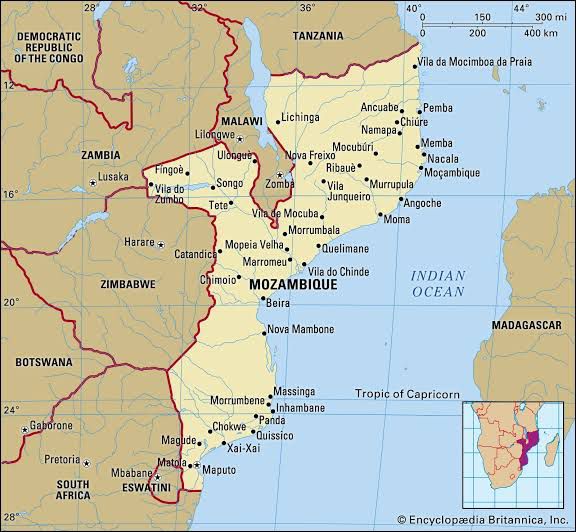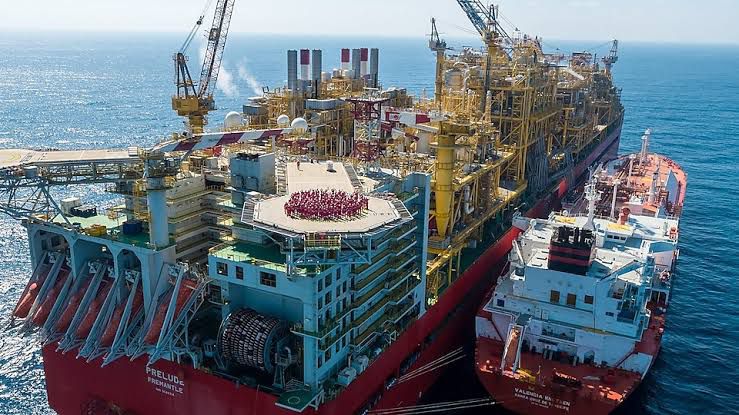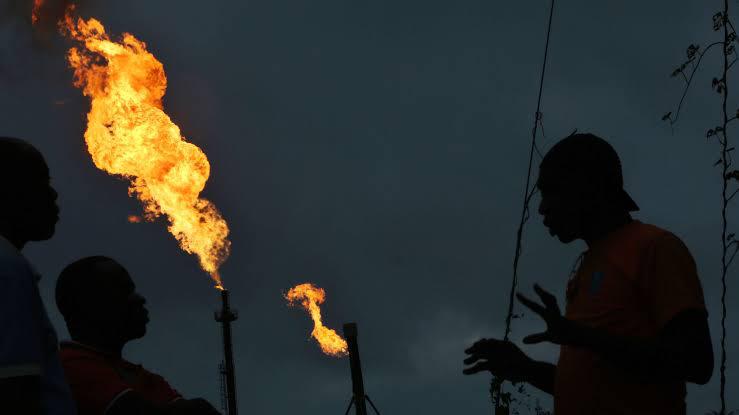The Mozambican government and cooperation partners have signed technical and commercial agreements for the Temane Gas and Energy Projects in Inhambane, in the southern region of Mozambique, with construction expected to begin in the second half of this year.
The projects were signed in Maputo, Mozambique’s capital, with Mozambican President Filipe Nyusi in attendance. The projects are initiatives that are part of a nationwide electrification effort.
The first is a partnership between Sasol, a South African petrochemical corporation, and Mozambique’s National Hydrocarbon Company (ENH) to explore further gas reserves adjacent to the Pande and Temane fields.
The second project is the Temane Thermal Power Station, which is being headed by Globeleq (a Norwegian and British-owned company) in collaboration with the Electricity Distribution Company, EDM, and Sasol. The station will generate 450 megawatts, making it the largest power plant built in Mozambique since independence.
The Temane-Maputo high voltage (400KV) power line, which will extend for 650 kilometres and be completely owned by EDM, is the third project.
The President remarked during the signing that the projects show the commitment of the Mozambican government to the national “Energy for All” programme that seeks to supply power to all Mozambican households and businesses by 2030.
He reassured the cooperation partners that the agreements would be fulfilled within the agreed-upon time limits and that the Mozambican government would honour the investments made in the country.
He said: “Our ultimate goal is to industrialize the country, and substitute the imports of cooking gas, thus contributing to the reduction of the domestic deficit and improving the sustainability of our ecosystems through replacing firewood and coal by gas.”
“The overall objective and the expected impact are to take electricity, for the first time, to over 10 million Mozambicans by 2024. Our ambitious challenge is to electrify those headquarters of administrative posts, that are not yet electrified.”
“With the cooking gas production, our expectation is to produce 30,000 tonnes and as an immediate consequence reduce the imports of gas.”
